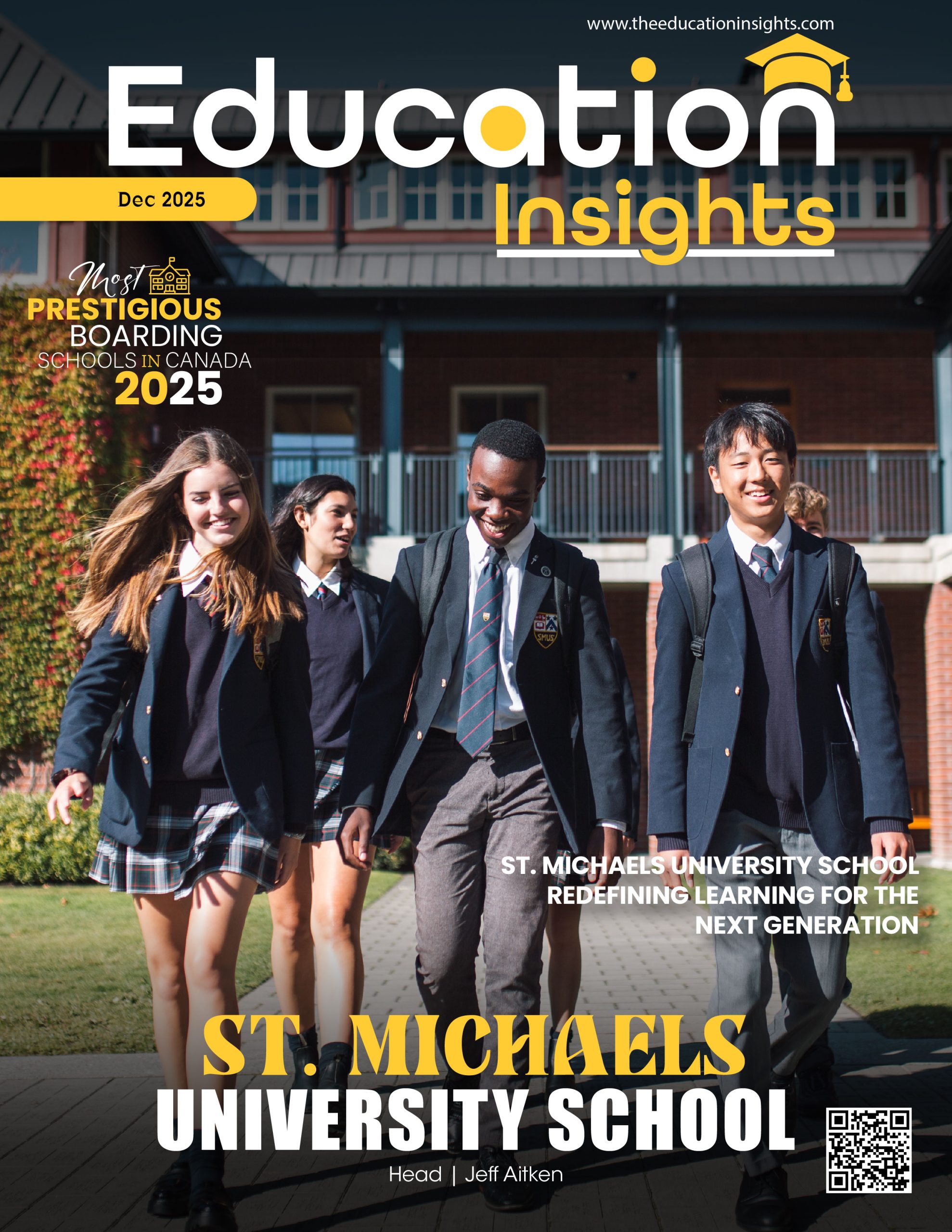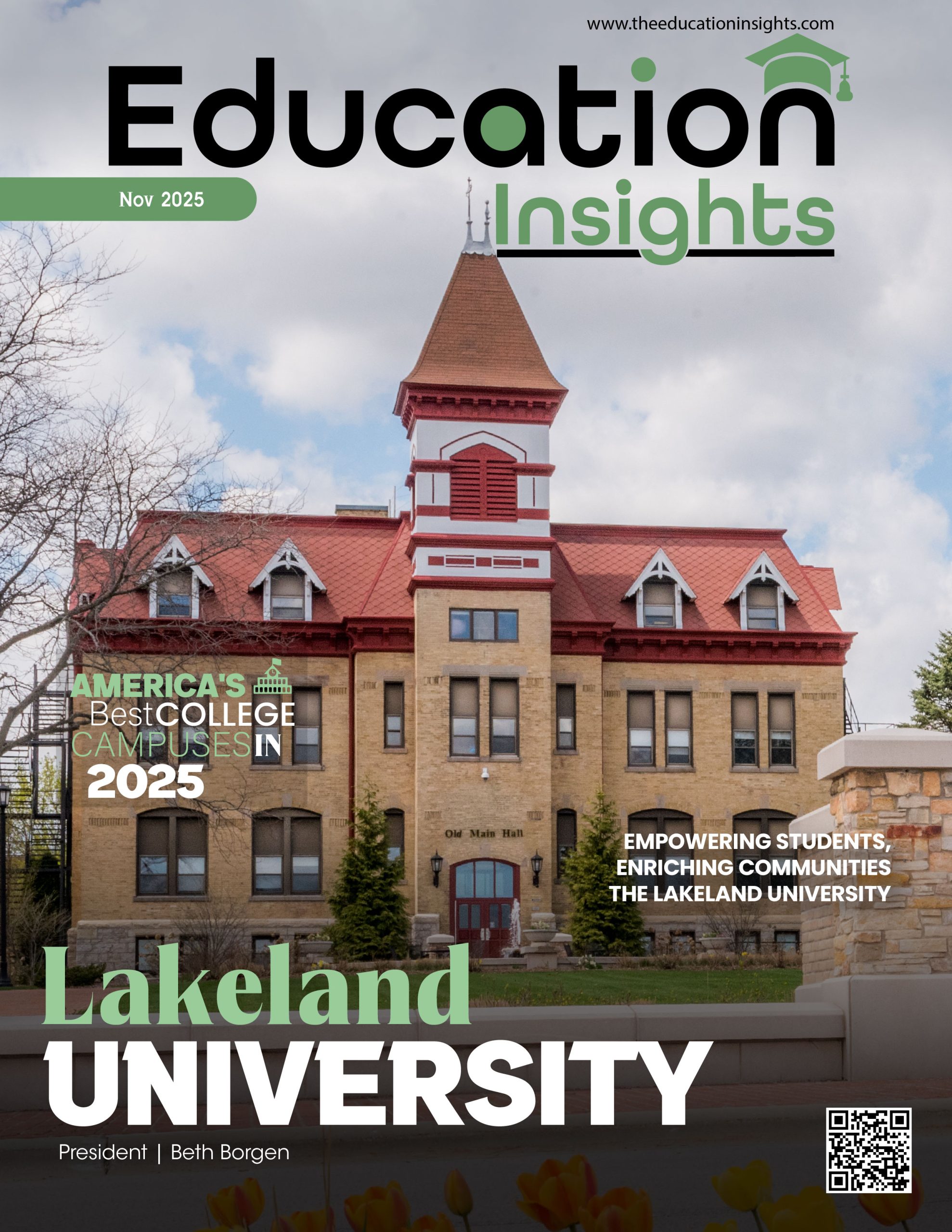As a parent, you will naturally be anxious that your children obtain the most excellent education available. When you give over responsibility for your children’s education to their school, it might seem as if it isn’t much you can do to assist them in succeeding in their studies. However, as we will demonstrate in this essay, you can do plenty to help them from the sidelines, with varying degrees of commitment required from you. While they may not always appreciate your participation right now, you may be comfortable doing all you can to help them, and they will thank you one day!
Ask them if they are having any difficulties, and then take action.
One of the simplest methods to help your children with their studies is to express worry about how they’re doing and ask them if there are any things in particular that they’re struggling with. While it might be tough not to seem to meddle, just letting them know that you’re there to assist if they need it should be enough to demonstrate your support. If they come to you and say they’re having trouble with a particular subject, you may jump into action to assist them. If it’s beyond your talents, you may recommend alternatives, such as a few individual sessions to help them catch up or a new textbook that explains the issue more clearly. If it’s clear that the problem will be more long-term than simply difficulty with one topic, you may want to consider hiring a private tutor to assist your kid in improving in this area. Private tutors may also help if your kid has been unwell and missed school or if other personal concerns have impacted their academic performance.
Motivate them to read more.
Reading broadly is a trait shared by all of the most successful students. It is one that parents can encourage their children to do from an early age—taking your children to the library to receive their library cards, having lots of books accessible in your house, and purchasing appealing volumes to give as birthday and Christmas gifts are all easy methods to instil a love of reading in your children of any age. If you want to be even more proactive, suggest that they join a book club (this will help with their literature studies by developing literary criticism skills), or even form your mini-book club, in which you and your children all read a book each month and set aside time to sit and discuss it together. If you don’t already, you may subscribe to a newspaper and urge your children to read one or two daily stories to be informed about what’s happening in the world.
Establish a moment of silence in the home.
With younger siblings rushing around the house, older children may find it challenging to focus on schoolwork. To address this issue, you may implement a period of quiet time in the family at regular times of the day, during which more minor children are peacefully engaged, and older students have the peace they need to do their studies without disturbance.
Encourage discussion around the dinner table.
The dinner table is ideal for the whole family to meet and discuss what the children have learned at school that day. Begin the conversation by asking them what they’ve been studying that day and maybe asking them to clarify things for you. You may start a discussion by asking them what they believe about the issue and criticising their answers. This shows them that you care about how their day went and improves their intellectual discussion and argument abilities, which will be very important for university and beyond. You don’t have to discuss what they learned that day; you may also discuss current events – what’s in the news and the challenges surrounding it – or the documentary you saw last night.
Take them on educational outings.
A change of scenery benefits everyone, even your children, who may be suffering from information overload if they are at a challenging period of their schooling. It is said that a change is as good as a break, so if you want to get your children away from their desks for a while, why not continue their education outside of school and your house by bringing them on an educational trip? Museums provide a delightful day out while also aiding your children’s learning – whether or not they are directly relevant to what they are studying at school since a solid general knowledge will serve your children well throughout their lives. Other instructive vacations you may do with your children include visiting archaeological sites, attending informative seminars, going for a stroll in the countryside to discover geological characteristics, and so on. Please make the most of these outings by having them write a small essay or report about what they’ve observed after you’ve returned home.










